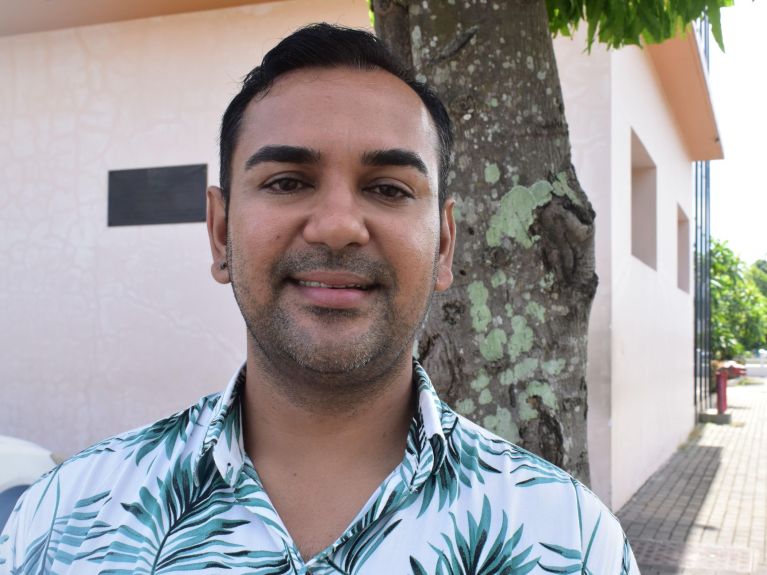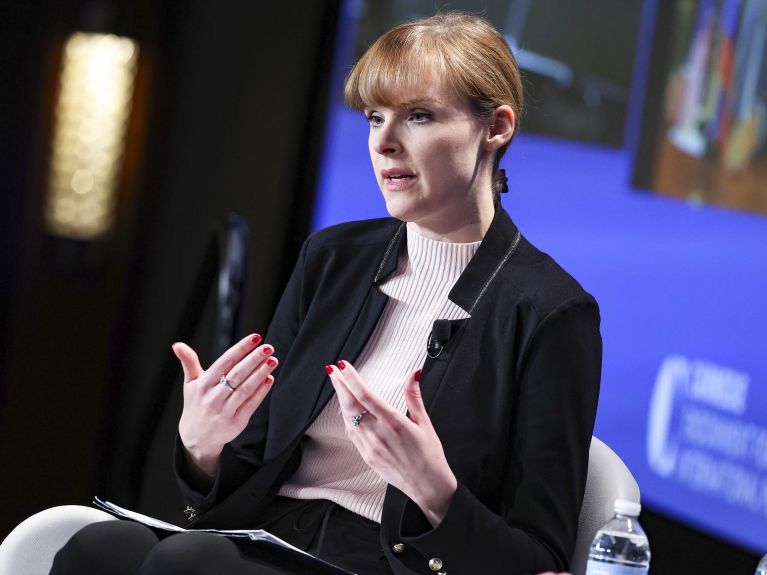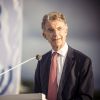How Munich Young Leaders assess the current state of international security
Young experts explain which security policy challenges they regard as the most urgent and which possible solutions they see.

Alongside high-ranking politicians from around the world, young foreign and security policy experts also attend the Munich Security Conference. Each year, 25 selected representatives of government institutions, parliaments or media and business take part in the Munich Young Leaders programme that is jointly run by the Security Conference and the Körber-Stiftung. Three of them explain how they view the current security policy situation.
Netsanet Tekeda Alemu is a project coordinator at the African Union Commission.
“The idea of shared responsibility and cooperation between states is crucial when it comes to overcoming global challenges. It forms the basis for democracy and human rights. I see the liberal cooperative world order as being under threat at present. In my view, that is the greatest challenge forinternational security policy. Germany is highly committed to the liberal world order and to global cooperation. As such, the country has a key role to play in overcoming the current global challenges.”

Kushaal Raj is Pacific policy director in Conservation International’s Pacific team. Previously, he studied climate change on behalf of the government of Fiji.
“I regard tackling the climate crisis as the biggest challenge right now. There is a clear correlation between climate change and human security. Global geopolitical tensions and conflicts that are driven by access to basic resources constitute a serious test for international security policy. It is vital for the global powers to strengthen multilateralism and create uniform approaches to tackling global crises, which are being exacerbated by climate change. The agreements that address these issues are either underfunded or hampered by political agendas. Leading politicians must pursue science-based collaboration and decide to replace fossil fuels as quickly as possible with alternative clean energy technologies and a circular economic model. Germany is a proven and successful actor in the areas of climate and the environment.”

Dr Hanna Notte heads the Eurasia Nonproliferation Program at the James Martin Center for Nonproliferation Studies in Berlin.
“The global security landscape is dominated by a number of alarming developments. For two years, Russia has been waging a war of aggression against Ukraine. At the same time, tensions are growing in the Middle East and on the Korean peninsula. The United States and Europe, which are currently facing domestic policy challenges themselves, are trying to cope with these escalating crises. At the same time, they are focusing increasingly on China, an emerging country with ambitious plans. A cognitive shift needs to take place: The Western states must recognise that these crises are interconnected.”
Further information about the Munich Young Leaders programme can be found here.


